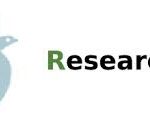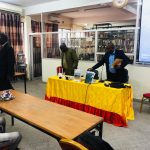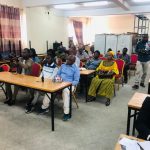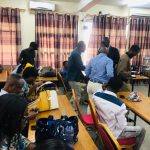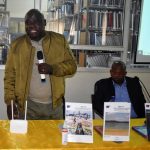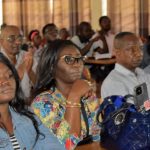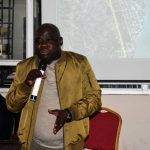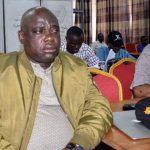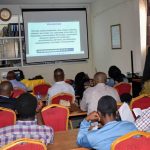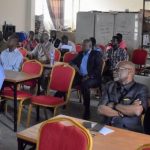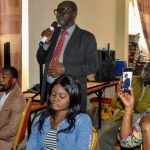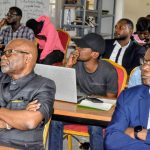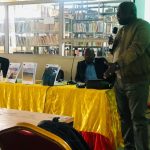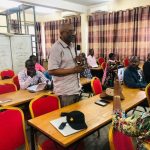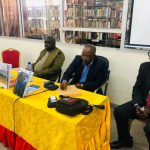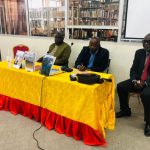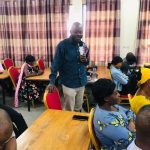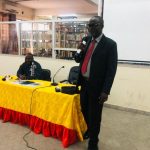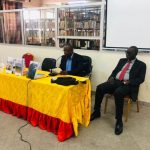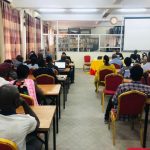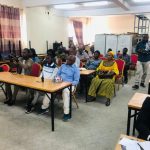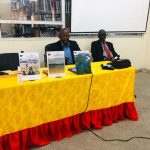Evaluation of the use of agricultural inputs in the plateaux of Batéké, Kinshasa province in Democratic Republic of Congo

Patrice RUHIGWA Baguma*.1., Celestin MUKALA wa Mulwaba**, Platini BILONGO Ngama*** and Abel MUGENYI Kagoro****.
*Dean of the Domain of Agricultural Sciences and Environment, University of Bunia, P.O. Box 292, Democratic Republic of Congo
**Deputy dean in charge of research, Domain of Agricultural Sciences and Environment, Pedagogic National University, P.O.Box 8815 Kinshasa Binza, Democratic Republic of Congo
***Assistant Lecturer, Domain of Agricultural Sciences and Environment, University of Bunia, P.O. Box 292, Democratic Republic of Congo
****Lecturer, Domain of Agricultural Sciences and Environment, University of Bunia, P.O. Box 292, Democratic Republic of Congo
Abstract
The study evaluates the level of the use of the inorganic or organic fertilizers, the pesticides (insecticides, fungicides and herbicides) and of the seeds by the farmers of Bu administrative organization in the plateaux of Batéké, commune of Maluku, Kinshasa province in the DR Congo. It looked also at the sex and the sizes of the farms of these farmers and where they obtain the agricultural inputs. A sample of sixty farms was selected and the descriptive and documentary methods in combination with the direct observation, the interview and the questionnaire techniques were used to collect the data on the selected parameters. The results of the survey showed that most of the farmers of the area are men (81.7%) and most of them (83. 4%) use the organic materials as source of nutrients than the inorganic fertilizers for their crops, mainly cassava and maize. Some authors however made an observation that if the women farmers could have the same access to the productive resources as acquiring the agricultural land, as for men, they could have increased the crop yields and free many people from hunger. The traditional practices of incorporating the organic materials in the farms and their availability in the area can justify the interest of their use. The inorganic fertilizers are used at a very low level by the farmers (16.6%) probably because of their unavailability and high cost on the local market. This can also be due to the weak levels of the knowledge of the farmers on the importance and the use of fertilizers. Among the pesticides, purchased in small local shops in Kinshasa streets, the fungicides (22.2%) and the herbicides (16.7%) are the least used than the insecticides (61.1%) by farmers to combat insects and pests. But due to their high cost, which may be the same case as for the fertilizers, the government should assist the farmers with the grants to allow them purchase these inputs. In addition, the farmers buy theirs planting materials and seeds mainly of cassava and maize in local markets (34.43%), from two technical services, SENASEM and TECHNISEM (27.15 %), the INERA M’vuazi and Kiyaka (26.96%) and some are provided by the FAO (11,46%). These results show that the DR Congo agriculture is still lagging behind with regards to the use of fertilizers and pesticides. The effort must be done to make the agricultural inputs available to the farmers and to facilitate the acquisition by women of agriculture lands so that they also can be more implicated in the agricultural sector.
Key words: Evaluation, inputs, use, farms, size, sex





















